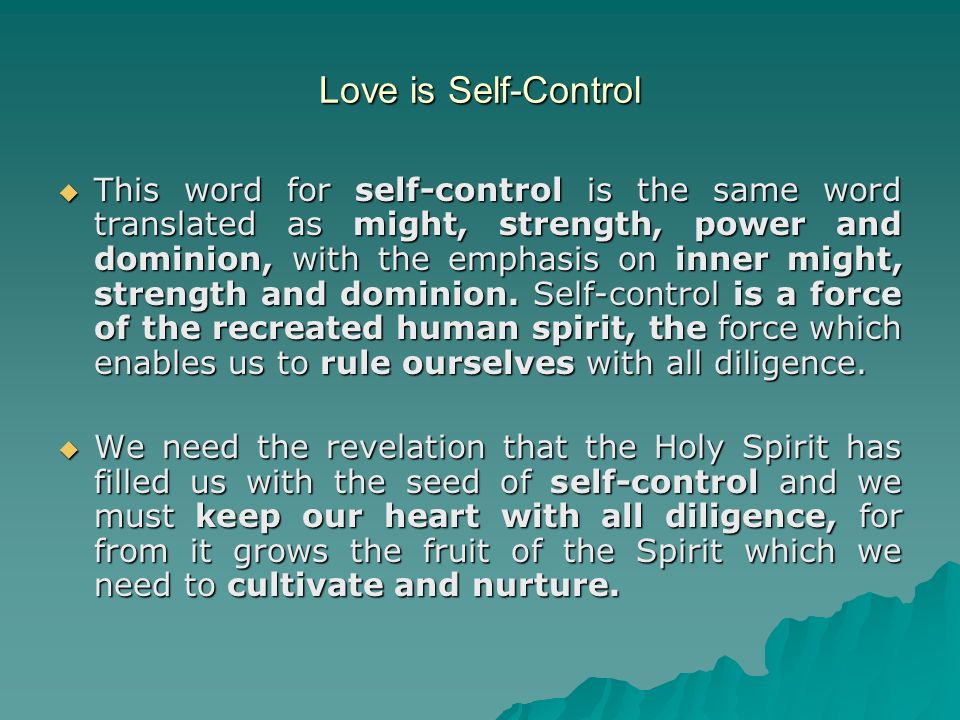
“The joy of the Lord is your strength.”Nehemiah 8:10
Joy is a gift. Like the other fruit of the Spirit, it’s not something we conjure up. It’s present in our lives because it’s the joy of our Lord. For instance, when Jesus sent 72 of his disciples to spread the gospel, on their return, he got super excited about the results of their efforts.
“At that time, Jesus, full of joy through the Holy Spirit, said, “I praise you, Father, Lord of heaven and earth, because you have hidden these things from the wise and learned, and revealed them to little children. Yes, Father, for this was your good pleasure.” Luke 10:21
If Jesus could be filled with joy ‘through the Holy Spirit,’ why would anyone turn down a gift that creates spontaneous worship?
Joy is a permanent possession, but happiness is fickle and fleeting. While it may be hard to distinguish between joy and happiness, I like to think of joy as something I simply can’t explain. My happiness is usually expressed as something I have or don’t have. For instance, if I say “I’m not very happy today” or “I’m so happy right now!” you might ask me what’s causing my happiness or lack of it. I’d probably be able to tell you why. If I can’t tell you exactly why, it’s most likely joy. 
If you look up the word joy in a dictionary, you’ll see descriptive words like exhilaration, delight, sheer gladness. When defined like this it can result from a great success or a very beautiful or wonderful experience like a wedding or graduation. But this definition of joy, one that most people understand, is from a whole different perspective. I’m here to tell you, it’s not nearly as amazing as the joy I experience from knowing God.
The joy we experience as we follow Jesus can feel a little overwhelming. It can be confusing because we’re joyful and, like I said, we can’t explain it. Sometimes I will try to figure it out. And when I do that, what I usually find is oodles of gratitude for the grace God gives. But my little brain can’t figure out that kind of grace so anymore, I don’t even try.
Because I’m experiencing the joy of the Lord I don’t fret over things much. I’m certainly concerned about important things; I just don’t lose sleep over stuff like I used to. Experiencing joy lets me lead a simpler life. My life is more full because God has emptied me of most of the extraneous stuff I used to think was important. That sort of change in my life has brought me peace and I more easily trust God that things will eventually be okay.
“May the God of hope fill you with all joy and peace as you trust in him, so that you may overflow with hope by the power of the Holy Spirit.” Romans 15:13
 Joy comes from contact with God and availing ourselves of His love. When we know our identity in Christ, joy naturally follows. That’s a joy we want everyone to experience, so we take the story of Jesus to everyone as often as possible.
Joy comes from contact with God and availing ourselves of His love. When we know our identity in Christ, joy naturally follows. That’s a joy we want everyone to experience, so we take the story of Jesus to everyone as often as possible.
On the night he was arrested, Jesus took his closest disciples to a private place and prayed for them. It gives me great joy and brings me to tears when I learn that he also prayed for the people they would reach with the gospel. People like you and me. He prayed that we would know God as he knows God and to be filled with his glory. He prayed for our protection. He prayed that we would know the unity he and his Father know. He prayed that we’d have his joy in all things.
“I am coming to you now, but I say these things while I am still in the world, so that they may have the full measure of my joy within them.” John 17:13
When Jesus says “full measure,” he means it. “Full measure” will be another thing–like joy–we’ll probably never be able to explain. Because if God is eternal, how much is “full?”
I don’t know, but it sure does make me happy!
Dear Father in Heaven, remember your promise that your joy will be in us and that our joy will be complete. We praise you in our joy for your faithfulness to complete the work you’ve begun. Help us to walk in the Spirit and show evidence of you that others will see, then come to know your joy as we do. Amen











 When Jesus healed a woman who had suffered bleeding for twelve years he told her, “Daughter, your faith has healed you. Go in peace.” (Luke 8:48) Likewise, a local woman known for her sins crashed a party and poured expensive perfume on Jesus, washing his feet with her hair. While others criticized her, Jesus affirmed her. “Your sins are forgiven. Your faith has saved you. Go in peace.” (Luke 7:48, 50)
When Jesus healed a woman who had suffered bleeding for twelve years he told her, “Daughter, your faith has healed you. Go in peace.” (Luke 8:48) Likewise, a local woman known for her sins crashed a party and poured expensive perfume on Jesus, washing his feet with her hair. While others criticized her, Jesus affirmed her. “Your sins are forgiven. Your faith has saved you. Go in peace.” (Luke 7:48, 50) 


 Joy comes from contact with God and availing ourselves of His love. When we know our identity in Christ, joy naturally follows. That’s a joy we want everyone to experience, so we take the story of Jesus to everyone as often as possible.
Joy comes from contact with God and availing ourselves of His love. When we know our identity in Christ, joy naturally follows. That’s a joy we want everyone to experience, so we take the story of Jesus to everyone as often as possible.

